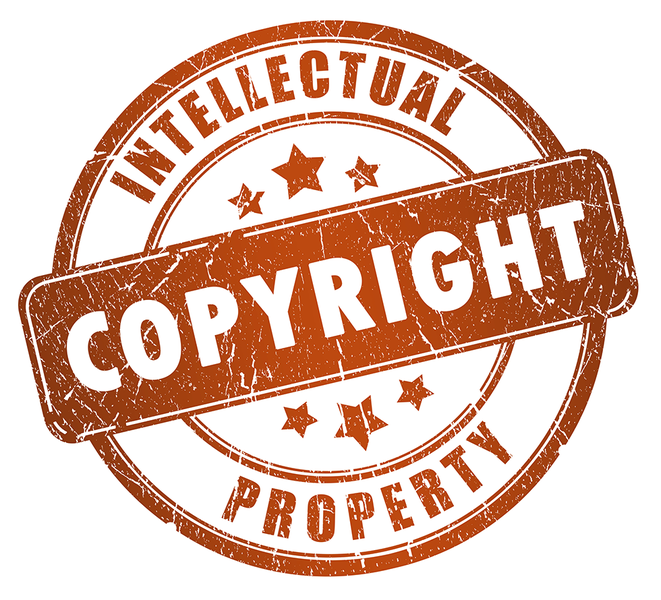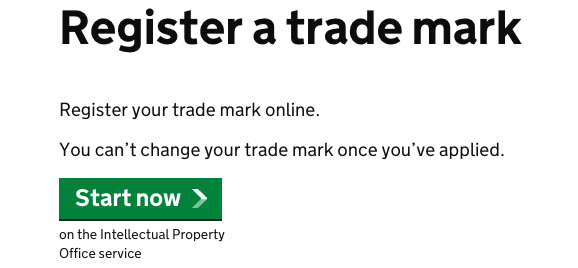This is the third in our series of informative pieces on Intellectual Property to help startups who may be confused about what IP means for their business and how to navigate the regulatory and legal frameworks to protect your precious idea.
Missed the others? Check out:
IP Series #1: The Quick Do’s & Don’t’s Guide to IP Protection
IP Series #2: Patent Pending
IP Series #4: Everyone Owns IP. What Do You Own?
That may seem like an easy question to answer. You’ve paid for your domain name, designed your content, hired staff to run it and make regular updates about your business. Of course you own it…don’t you?
Every website – including gov.uk – is jam-packed full of IP protected content. Take a look at the logo, the text, the layout, the imagery, the font. Each component belongs to somebody who has created it and given their permission for it to be used.
Now take another look at the content on your website. Are you still sure it all belongs to you? Is it all protected?
Control your copyright
Your website is just one of your business assets protected by copyright. Copyright is an automatic right assigned to the creator of any original creative work that is written down, recorded audibly or physically crafted.
This means that the text, photographs and any audio material on your website will be owned by the person who created it. If this is not your business then you need to find out who it is and whether you have the right to use it.

Copyright ownership can be a tricky issue. If something is created by an employee during the normal course of their work, then your business will own the copyright. For example, if a member of your IT department creates your website.
However, if you hire a subcontractor to do this work then they will be the copyright owner. Don’t get caught out by this! You must put a contract in place before commissioning any work to explain that the copyright ownership will transfer to your business on completion.
On your marks
Did you know your company name, logo and domain name could all be registered as trade marks? A trade mark is a sign which distinguishes your goods and services from those of your competitors.
As long as your mark doesn’t directly describe your goods and services and isn’t being used by anyone else in your industry, then it may be possible to register it as a trade mark.
For example, if you were starting a computing company called ‘Banana’, this name could potentially be protected as trade mark. You could also potentially protect the domain name banana.co.uk and the slogan ‘Apeeling Solutions’.* (full marks for the pun, right?)
Registering your trade marks can give you many benefits. The above examples could prevent another computing company from trading under the same or a similar names or from using your domain name or slogan.
A trade mark can often be seen as the ‘seal of approval’ for your company, helping you to promote your business and establish a loyal customer base and good reputation. It also gives you the comfort of knowing that no-one else can trade in on your good name.
Tools of the trade
If the thought of all this has left you a little confused, you’re not alone. It still makes my head spin! Luckily, the IPO has a vast range of business support tools and resources available online to help in the form of IP for Business.
The online toolkit includes IP Equip, a free e-learning course designed to help build your knowledge of IP rights. The IP Health Check can also help you recognise the IP owned by your company and how best to protect and utilise it. Why not check out these tools today and find out if your business owns all the IP you believe it does?
*This is a totally made up example and any similarities to any real-life business is entirely coincidental.
Missed the others? Check out:
IP Series #1: The Quick Do’s & Don’t’s Guide to IP Protection
IP Series #2: Patent Pending
IP Series #4: Everyone Owns IP. What Do You Own?
Insight courtesy of Louise Allford of the IP Office.




